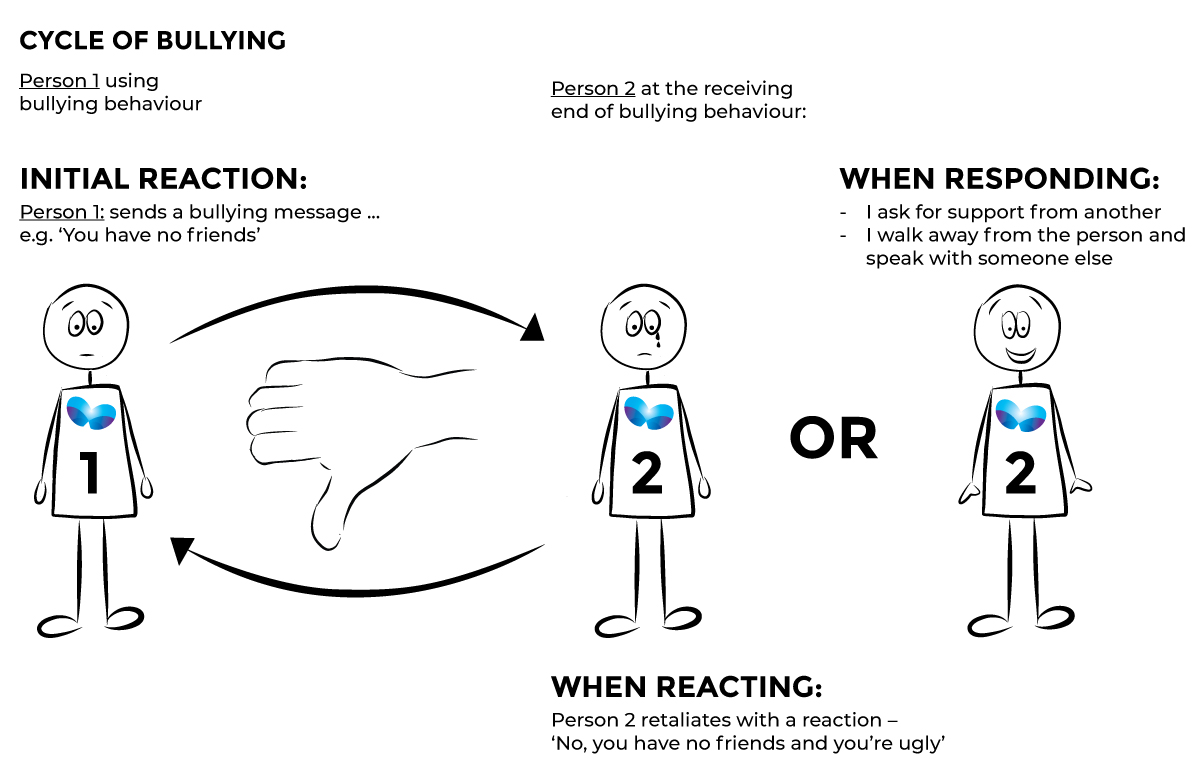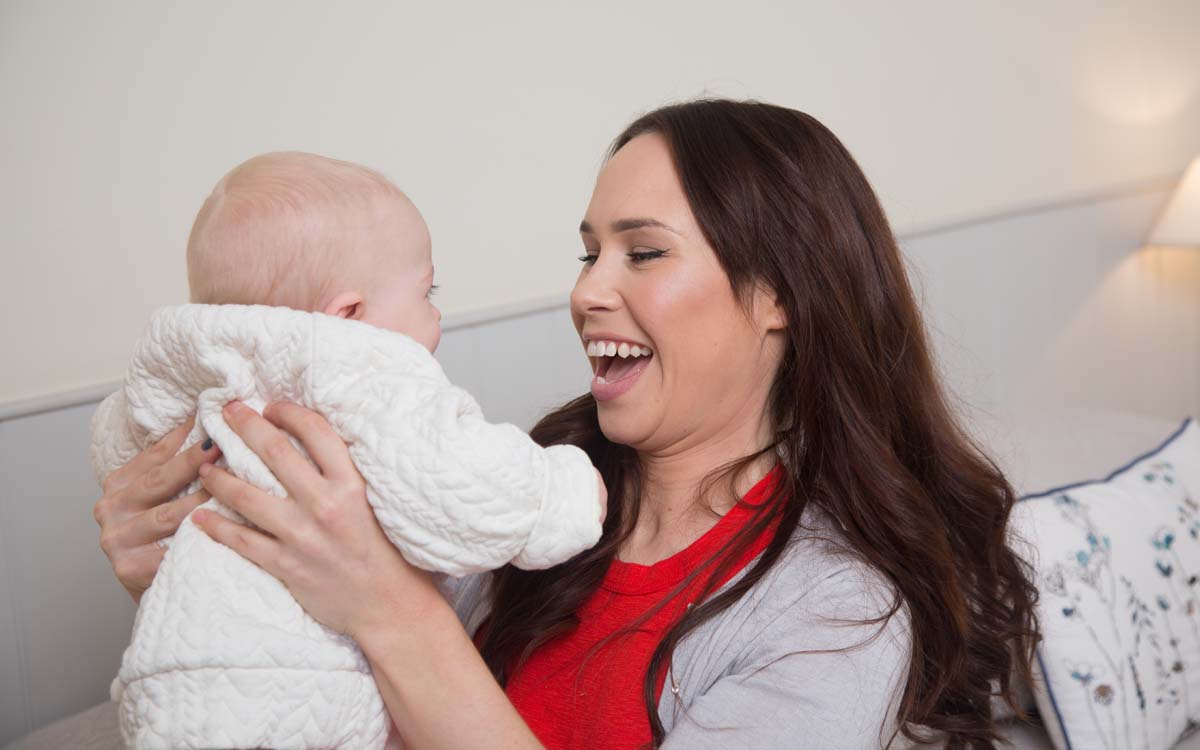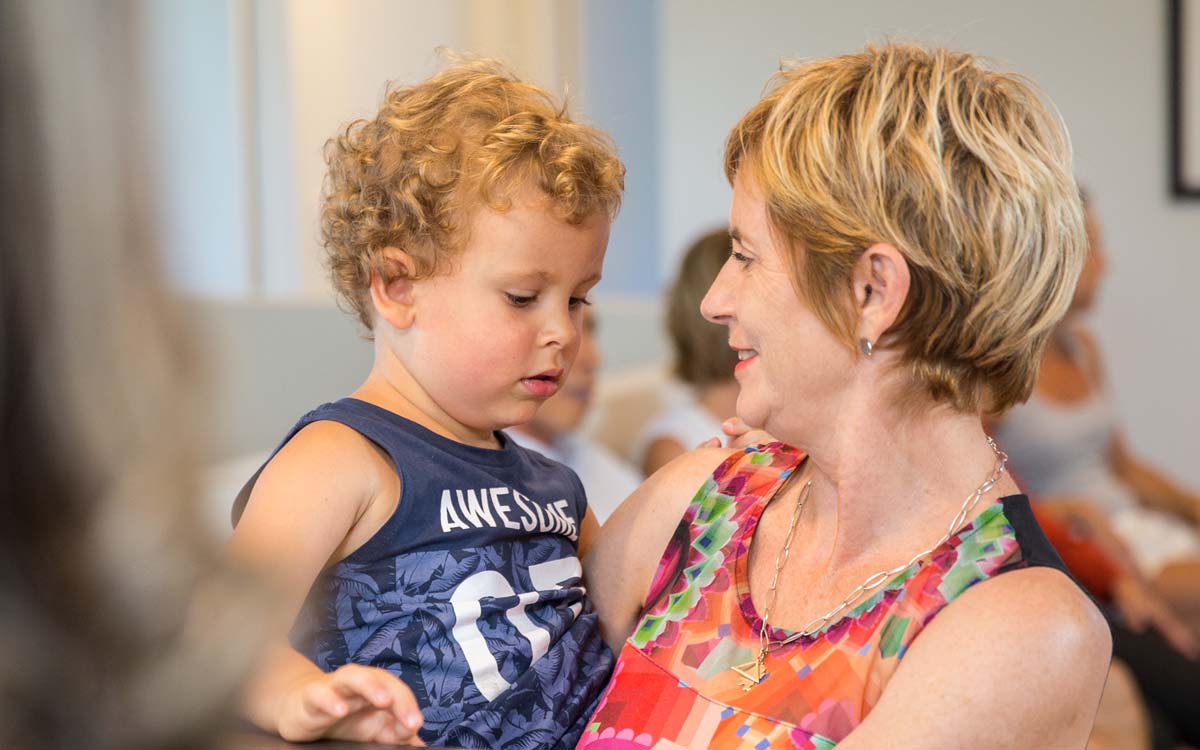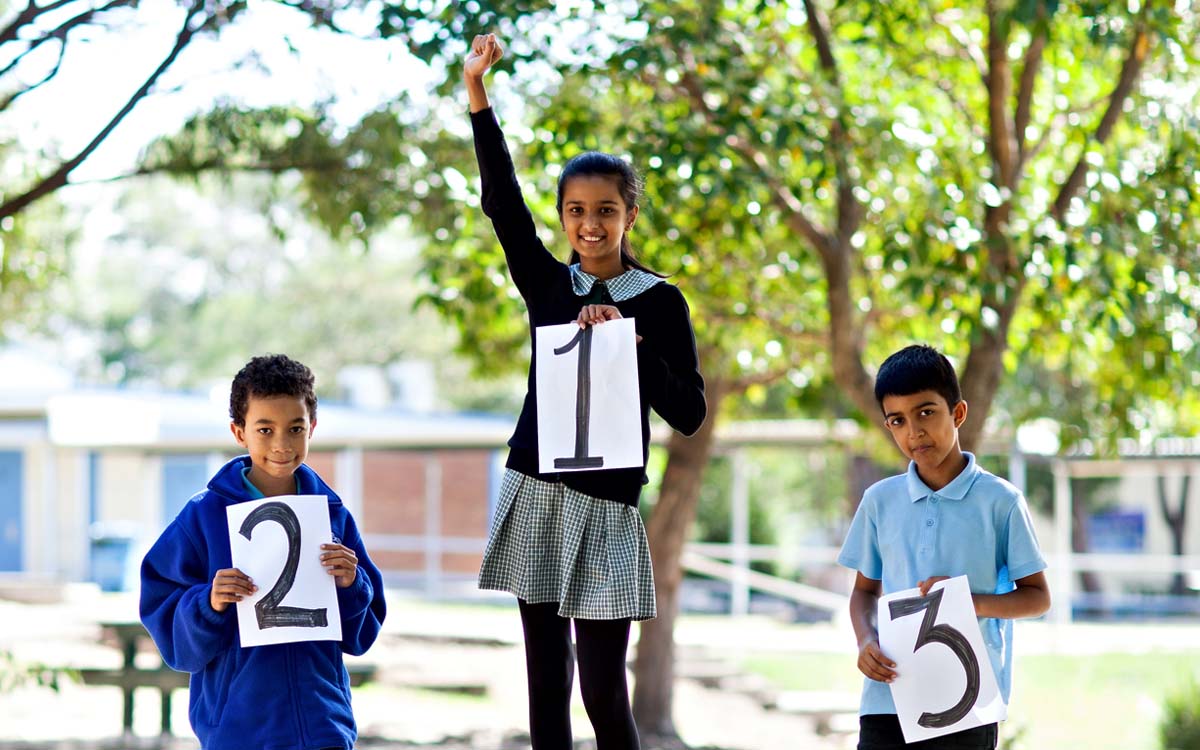Bullying is an area of concern that many of our clients can present with over their course of treatment. This can impact individuals of varying ages, across an array of settings or interactions in both the forms of cyberbullying and traditional bullying (face-to-face). In 2016, the Australian Government Longitudinal Study of Australian Children (LSAC) found that 70% of children aged between 12 and 13 have experienced at least one bullying-like behaviour in a year (AIHW, 2022). Furthermore, it was found that 46% of children aged 12 to 13 who experienced at least one bullying incident in a year, also used similar behaviours at another child (AIHW, 2022). This notion has also been evident in other studies that investigated the cycle of bullying, where individuals who have experienced bullying can often react by using similar behaviours in return (Falla et al., 2022; Ma, 2001).
Alongside FABIC behavioural models, which are derived from evidence-based Functional Behaviour Assessment, the cycle of bullying model aims to support individuals who are experiencing bullying with the tools to understand how they can at times contribute to the cycle of bullying. Essentially, it builds on the principles of the FABIC I Choose Chart, which supports individuals to develop a greater awareness of their own choices and natural consequences to them. The below model can provide a different understanding of what steps and skills an individual can implement, which in turn can shift some of the cognitive distortions they may have around their own capacity to experience change. The emphasis is placed on the person choosing a different response, instead of aiming thoughts, feelings and actions back at the person using bullying behaviours. A longitudinal study found support for this notion in 2012, where they investigated how bullying stopped for students who had previously been the victim of bullying. The two most frequent responses included support from school personnel, or that the students changed their own way of coping with bullying (Fisen et al, 2012). Further explanation is provided below the diagram.
The cycle of bullying is when a person at the receiving end of bullying behaviours (2) retaliates with comments, gestures or behaviours that further exasperate the person using bullying behaviours (1). Over time, this reaction allows the cycle of bullying to continue, with the victim (2) taking a stance that it is another’s fault, and that they can’t change anything about this interaction. This often leads to a limited sense of responsibility for the target of the bullying behaviour, until such time that they shift their focus from the external event to an internal process of implementing change.
They can then begin to identify what responses are possible outside of this cycle, which will often involve seeking support and developing an increased skillset to improve their own sense of capacity and accountability. This diagram can be changed to suit an individual’s specific situation, with tailored response-based skills. Ultimately, this provides the person experiencing bullying behaviours (2) with more motivation and potential to shift their focus from not knowing what to do, to taking steps towards lasting behavioural change.
While the aim of the above is to assist someone with understanding some of the choices they may have to respond to bullying behaviours, it is not a formal intervention. Nonetheless, it offers an individual a different approach to what choices they may make to respond to incidents of harm, instead of reacting and continuing the cycle of bullying. Fundamentally, this can also then be applied to other areas of one’s life, where they can shift the focus from external events to internal changes that can lead to more positive outcomes in their interactions with others, environments and completion of tasks and activities.
REFERENCES
- Australian Government. (2022). Australia’s Children, Bullying. Australian Institute of Health and Welfare. https://www.aihw.gov.au/reports/children-youth/australias-children/contents/justice-safety/bullying
- Falla, D., Ortega-Ruiz, R., Runions, K., & Romera, E. M. (2022). Why do victims become perpetrators of peer bullying? Moral disengagement in the cycle of violence. Youth & Society, 54(3), 397-418.
- Frisén, A., Hasselblad, T., & Holmqvist, K. (2012). What actually makes bullying stop? Reports from former victims. Journal of adolescence, 35(4), 981-990.
- Ma, X. (2001). Bullying and being bullied: To what extent are bullies also victims?. American educational research journal, 38(2), 351-370.








